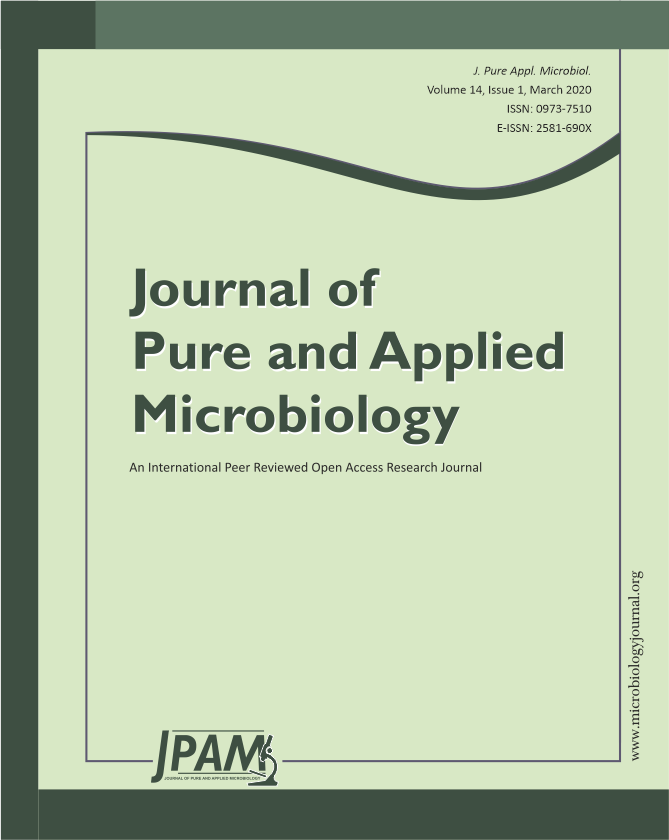Human beings have used honey for the treatment of several bacterial infections, particularly, in wound infections. The objective of this study is to evaluate the effectiveness of Algerian honey to eradicate Staphylococcus aureus. The antibacterial effect of honey samples was carried out on four strains of S. aureus (two are methicillin-resistant and two are methicillin-sensitive) by using well diffusion assay, dilution assay, and a time-kill curve assay. The results revealed that Algerian honey has measurable antibacterial activity on both resistant and methicillin-sensitive strains. The inhibitory diameters ranged from 34.33 to 52 mm, the MIC values range from 2.5 to 5% (w/v) and the MBC values range from 2.5 to 10% (w/v). Algerian honey has enormous potential as a useful source against S. aureus strains, including MRSA strains. Therefore, it is necessary to characterize the active components of tested honey to investigate the possible use of honey in the treatment of infections caused by MRSA strains.
MIC, MBC, time-kill assay, S. aureus, infection diseases, Algerian honey.
© The Author(s) 2020. Open Access. This article is distributed under the terms of the Creative Commons Attribution 4.0 International License which permits unrestricted use, sharing, distribution, and reproduction in any medium, provided you give appropriate credit to the original author(s) and the source, provide a link to the Creative Commons license, and indicate if changes were made.


